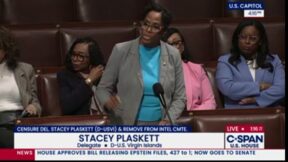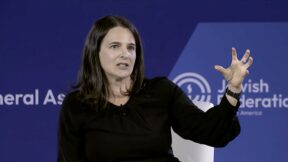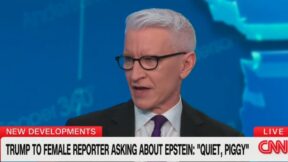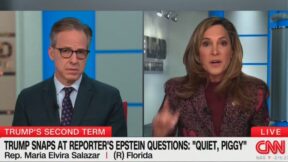NPR Wins Back $36 Million Contract That Was Yanked Under Pressure From Trump White House
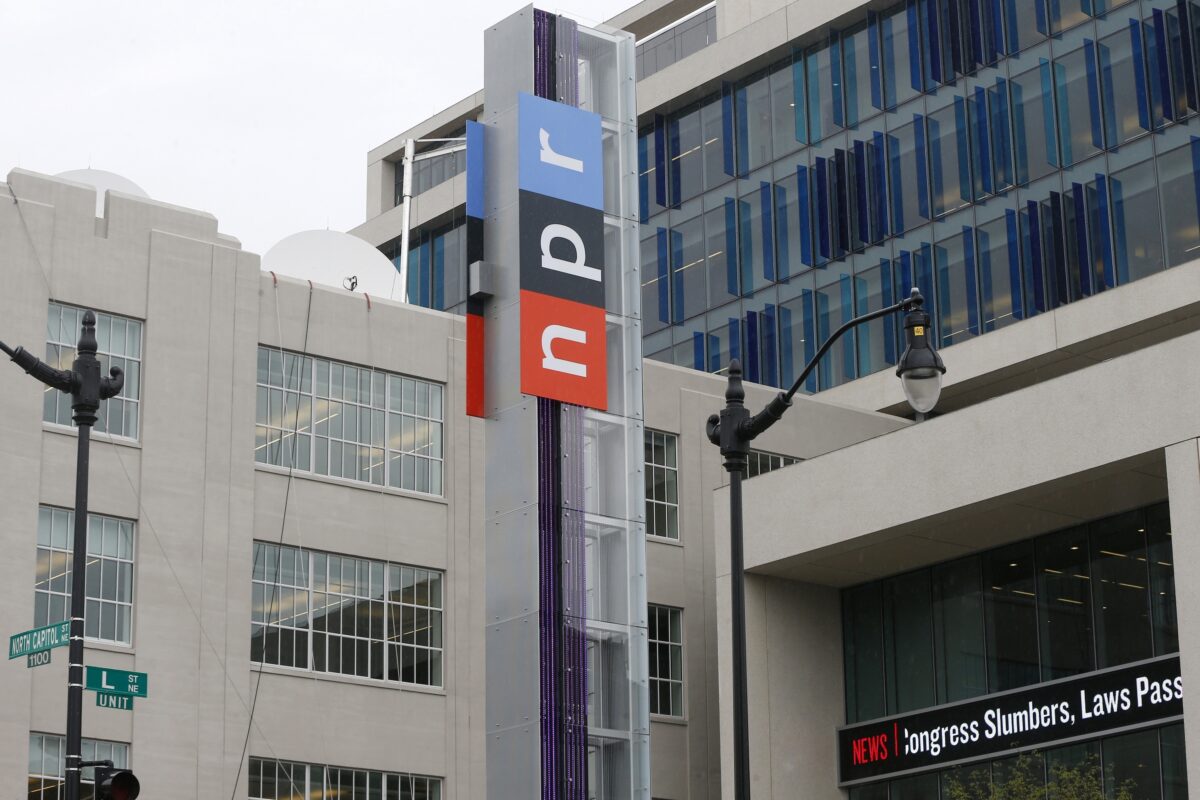
AP Photo/Charles Dharapak, File
National Public Radio has secured a legal settlement restoring a multimillion-dollar contract that was revoked under pressure from President Donald Trump’s administration.
Trump has criticized the coverage by NPR, PBS, and other public broadcasters, and loudly urged congressional Republicans to eliminate government funding. Among several votes taken by the majority GOP Congress were to essentially shut down the Corporation for Public Broadcasting, the nonprofit corporation that distributed funds to public radio and television stations across the country, and to eliminate most funding.
This set in motion a dispute that “frayed” the decades-long “relationship” between NPR and CPB acting as as “partners,” NPR media correspondent David Folkenflik reported, when in April, CPB approved the extension of a multiyear $36 million contract with NPR, including “millions still due on the then-current contract,” to distribute NPR and third-party produced public radio programs.
Immediately afterwards, the White House began a pressure campaign that resulted in the revocation of the contract, Folkenkirk reported:
The next day, CPB’s board chair and two senior executives met with a top White House budget official who attested to her “intense dislike for NPR.” The budget official told them CPB didn’t have to “throw the baby out with the bathwater,” according to a deposition from CPB executive Clayton Barsoum submitted as part of NPR’s legal filings.
And the day after that — just 48 hours after that board vote — CPB reversed itself. CPB executive Kathy Merritt informed NPR’s top official over the satellite and distribution service that it had to be spun off: it could not be part of NPR. NPR refused to do so. CPB revised the scope of the contract and solicited new bids. NPR’s submission proved unsuccessful.
NPR filed suit, arguing that CPB had violated its First Amendment rights by effecting the White House’s wish for retribution for NPR’s news coverage.
CPB’s defense was that it wanted to redirect funds to better support digital innovation, but in October, U.S. District Court Judge Randolph Moss “explicitly told CPB’s legal team he did not find its defense credible,” wrote Folkenkirk.
Trial had been set for December 1, and with the judge rejecting CPB’s core defense, CPB agreed to fulfill the contract it had previously executed with NPR.
CPB posted a statement on its website, oddly claiming that it had prevailed in the litigation, and Folkenkirk noted that CPB “did not concede that it had acted wrongfully — nor that it had yielded to political pressure from the administration” in the pleadings it filed Monday to notify the court of the settlement.
Katherine Maher, President and CEO of NPR, cheered the settlement in a statement:
The settlement is a victory for editorial independence and a step toward upholding the First Amendment rights of NPR and the public media system in our legal challenge to [Trump’s] Executive Order. While we entered into this dispute with CPB reluctantly, we’re glad to resolve it in a way that enables us to continue to provide for the stability of the Public Radio Satellite System, offer immediate and direct support to public radio stations across the country, and proceed with our strong and substantive claims against this illegal and unconstitutional Executive Order. We look forward to our day in court in December.
Other litigation filed by NPR against the Trump administration, challenging the president’s executive order that claimed it was banning federal government funding of public broadcasters, is still continuing. A hearing in that case is still scheduled for December.
